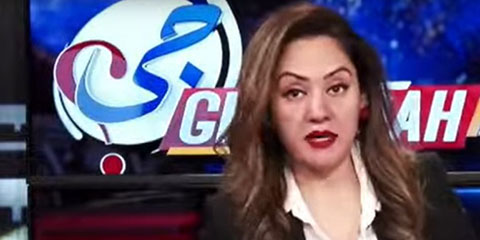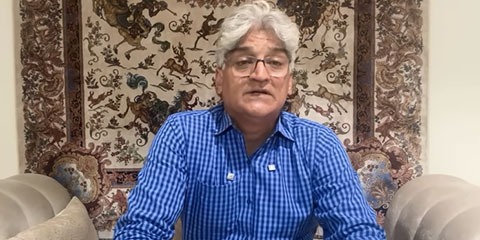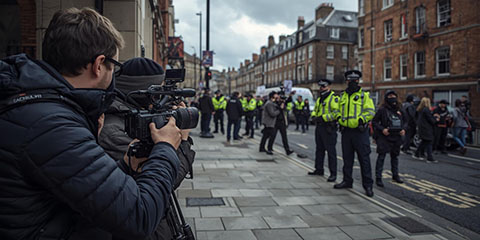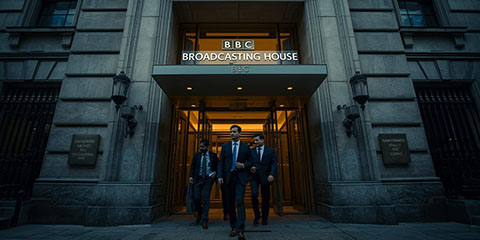Cyber martial law: Authoritarian PECA legislation threatens digital expression in Pakistan
JournalismPakistan.com | Published 10 months ago | JP Staff Report
Join our WhatsApp channel
ISLAMABAD—In a move that signals a significant retreat from democratic principles, Pakistan's National Assembly has passed the Prevention of Electronic Crimes Act (PECA) Amendment Bill 2025, sparking widespread condemnation from journalists and press freedom advocates.
The controversial legislation establishes a Social Media Protection and Regulatory Authority with unprecedented powers to control digital communication. Journalists were so alarmed by the bill's implications that they staged a walkout during the parliamentary session, symbolizing the profound threat to media independence.
The amendment introduces severe penalties for undefined "fake news," including up to three years of imprisonment and fines reaching Rs 2 million. This vague framing creates a legal mechanism that could potentially criminalize legitimate journalistic reporting and critical commentary.
The proposed Authority will be strategically structured with nine members, including key government officials like the Interior Secretary and PTA Chairman. This composition ensures governmental dominance, effectively transforming the body into an instrument of state control rather than an independent regulatory entity.
The Pakistan Federal Union of Journalists (PFUJ) has unequivocally rejected the amendments, characterizing them as the "blackest law" in the nation's democratic history. PFUJ leadership has threatened nationwide protests and demanded immediate withdrawal of the bill.
Potential Consequences
By creating such restrictive legislation, Pakistan risks international condemnation, potential diplomatic repercussions, and a significant decline in press freedom rankings. The law threatens to transform the country's digital landscape into a heavily surveilled and controlled environment, antithetical to principles of free expression.
Strategic Implications
This legislative move appears calculated to preemptively silence potential criticism, particularly in an era of increasing digital activism and political transparency. The 24-hour complaint resolution window and broad content removal powers suggest a systemic approach to limiting public discourse.
The PECA Amendment represents more than just a media regulation bill—it is a calculated instrument of potential political repression, designed to curtail independent journalism and digital freedom under the guise of protecting social media.

























